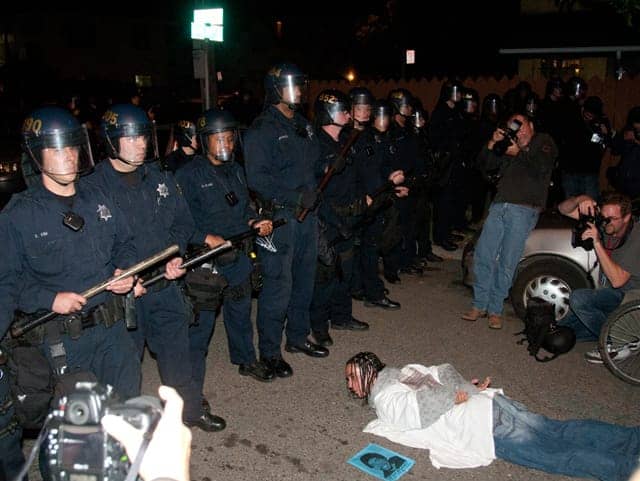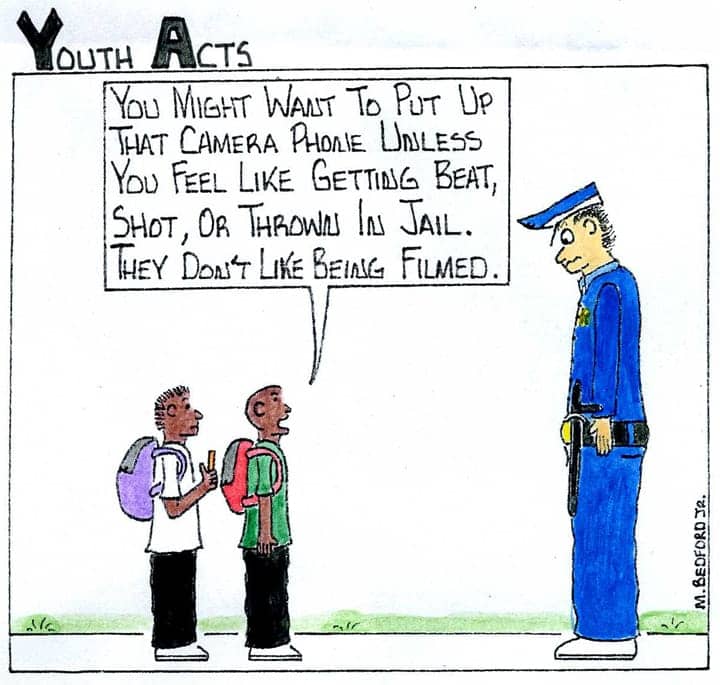by Russia Today

Up until just last year, anti-eavesdropping legislation on the books across Illinois meant any person within the state could be imprisoned for as long as 15 years for recording a police officer without expressed consent. In August 2011, a federal appeals court struck down the law, but an Illinois prosecutor has asked the Supreme Court – unsuccessfully – to challenge that ruling.
On Monday, the top justices in the U.S. said that they would not hear the case and will instead rely on last year’s ruling where a federal appeals court in Chicago agreed that the eavesdropping law, as written, “likely violates” the First Amendment.
“The Illinois eavesdropping statute restricts a medium of expression commonly used for the preservation and communication of information and ideas, thus triggering First Amendment scrutiny,” and the “statute restricts far more speech than necessary to protect legitimate privacy interests,” the Seventh Circuit Court of Appeals opined previously.

Harvey Grossman, legal director of the American Civil Liberties Union of Illinois, says in a statement that the ACLU was “pleased that the Supreme Court has refused to take this appeal.”
“The ACLU of Illinois continues to believe that in order to make the rights of free expression and petition effective, individuals and organizations must be able to freely gather and record information about the conduct of government and their agents – especially the police,” Grossman says. “The advent and widespread accessibility of new technologies make the recording and dissemination of pictures and sound inexpensive, efficient and easy to accomplish.”
The ACLU says they will now attempt to secure a permanent injunction in the case of Anita Alvarez v. ACLU of Illinois so that state attorneys will be barred from attempting to enforce the eavesdropping law ever again, “so that the ACLU’s program of monitoring police activity in public can move forward in the future without any threat of prosecution.”
This story first appeared on Russia Today.





